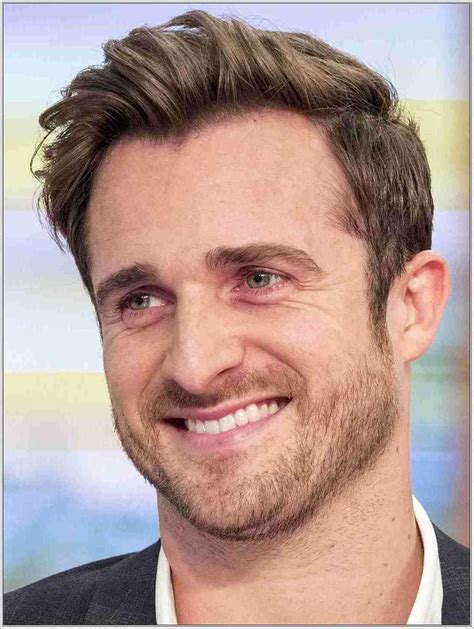A Quote by Alex Pareene
The late Christopher Hitchens had the professional contrarian's fixation on attacking sacred cows, and rather soon after his cancer diagnosis, he became one himself.
Related Quotes
Because of these new car models there is suddenly on the streets of Delhi a new intolerance by the motorists for both the cows and the cyclists. So for the first time the sacred cow in India, which used to be such a wonderful speed-breaker, is now seen as a nuisance. For the first time, I?ve seen cows being hit and hurt. These guys just go right past, and if the cow is sitting on the road, they don?t care. We can?t afford to have a sacred car rather than a sacred cow.
Adieu, Lord Dain,” she answered without turning her head. “Have a pleasant evening with your cows.” Cows? She was merely trying to provoke him, Dain told himself. The remark was a pathetic attempt at a setdown. To take offense was to admit he’d felt the sting. He told himself to laugh and return to his… cows.
Christopher Hitchens, the late essayist and sot, was a man who purposefully cultivated a lot of friends of a certain type - rich, self-important, generally dim-witted and hence easy for a well-spoken Oxbridge debater to impress - and he electrified Washington D.C. society mainly by not being a completely charmless bore.
It was a very funny conference. I knew [Christopher Hitchens] before that. He had always been a good angel to me. He once stole a phrase from me that came out of his mouth on television. I saw his eyes move sideways. I thought, It's alright, you can have it! The conference was light on women. Salman Rushdie showed up, they were doing their own thing. I didn't feel neglected!
I've learned to distinguish between the greatness of God and the inexcusable evil that has been done by those professing his name. And so I do not deduce [as Christopher Hitchens does] that God is not great, and that religion poisons everything. After all, if I failed to distinguish between the genius of Einstein and the abuse of his science to create weapons of mass destruction, I might be tempted to say science is not great, and technology poisons everything.



































